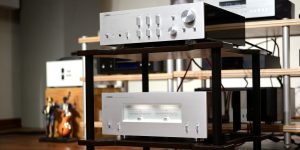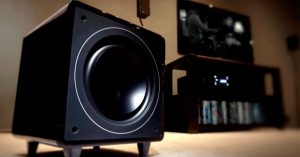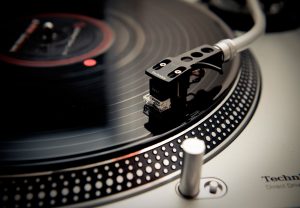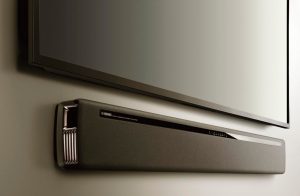Every speaker has a particular impedance, which is measured in ohms. This value shows how difficult it is to power a speaker. The lower the speaker’s impedance, the more efficiently it passes a signal (directly affecting the overall sound quality) through it. The majority of speakers are 4,6, and 8-ohm models. Be sure to check the specifications of your receiver so that it can work properly with your speakers.
The main factor that affects impedance is the frequency at which a speaker is playing at a particular moment. The truth is that 8 ohms speakers can be 7, 29, and even 44 ohms. It is directly dependent on the frequency.
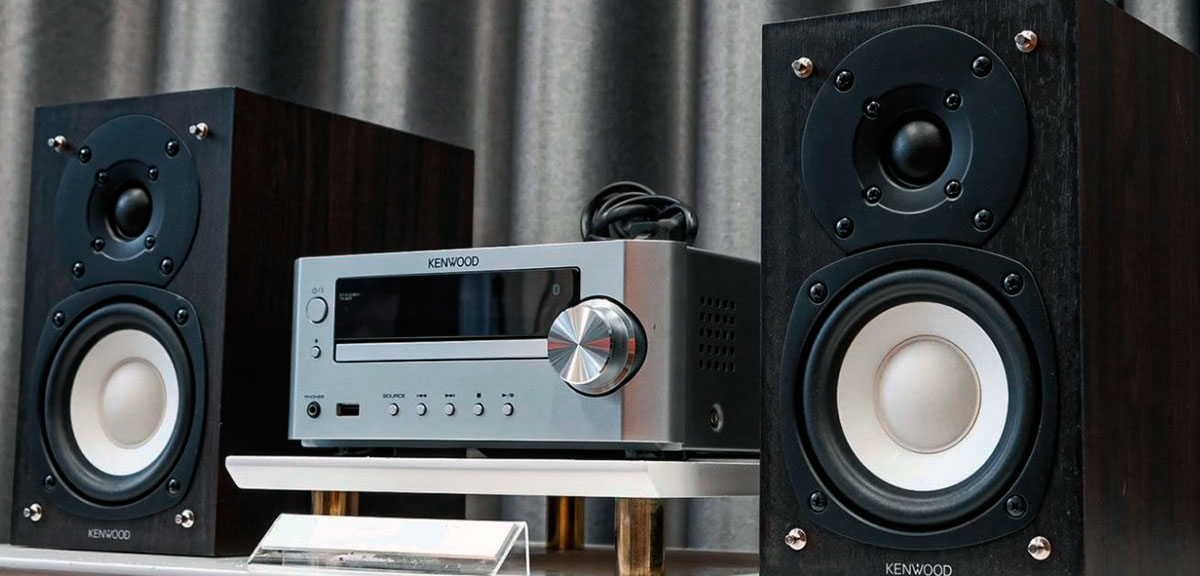
If you wonder whether you could hook up 8-ohm speakers to a 4-ohm amplifier, you must clarify how the latter works. Nowadays, solid-state amplifiers are the most popular options. They resemble voltage sources with impressively low output impedances. An amplifier will work as needed if a load is higher than the minimum specified.
If you add 8-ohm speakers to a 4-ohm audio system, serious problems won’t appear, e.g., reduced frequency response, increased distortion, etc. Just remember that the load caused by a speaker to an amplifier is largely affected by frequencies. So, if you get a decent amplifier capable of maintaining a 4-ohm load, you can safely pair it with 8-ohm speakers.
We are supported by our audience. When you purchase through links on our site, we may earn an affiliate commission at no extra cost to you.
Our newsletter
* We will never send you spam or share your email with third parties


